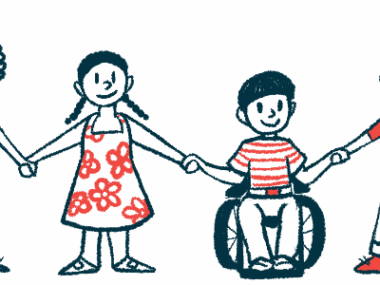Two Cases of SMARD1 Reported in India Highlight Importance of Genetic Testing
Written by |

Researchers from India reported a case study of two babies diagnosed with spinal muscular atrophy with respiratory distress syndrome (SMARD1). These are the first two cases were described in India, confirming the presence of the condition in the Indian population.
According to the authors, this study shows the importance of early diagnosis in avoiding prolonged ventilation and in allowing appropriate counseling to be given families.
The cases were reported in the article, “Spinal muscular atrophy with respiratory distress syndrome (SMARD1): Case report and review of literature,” published in the journal Annals of Indian Academy of Neurology.
The first case concerned a 6-month-old boy who had acute onset respiratory distress and an abnormal blue discoloration of the skin, who required intubation and ventilation. The boy had had frequent episodes of apnea, in which breathing repeatedly stopped and started, since age 2 months.
Through genetic testing, the baby was diagnosed with SMARD1. Several attempts at taking him off mechanical ventilation failed, as he was not able to breath by himself. After two months of ventilation, his parents decided to discontinue treatment and the baby died.
The second case described a 3-month-old who required shortly after his birth. At age 3 months, his parents brought the boy to a hospital with respiratory distress, episodes of breathing cessation, and abnormal blue discoloration of the skin. He again required ventilator support. Attempts at taking him off the ventilator, made over two weeks, failed.
Genetic testing also led to a diagnosis of SMARD1, and the baby’s parents decided to discontinue ventilation once the diagnosis was confirmed.
Researchers then genetically tested the parents, and established that they were both carriers of a mutation in the IGHMBP2 gene, which causes the disease. This allowed the fetus in the next pregnancy to be genetically tested. It was found that the fetus was also a carrier and not affected by the disease, and the pregnancy was continued.
“The lack of data from [the] Indian subcontinent points towards inadequate awareness and problems with bedside neurophysiological testing in sick infants,” the authors concluded. They suggested that genetic testing readily available across various centers in India is the best option to managing this life-limiting condition.






